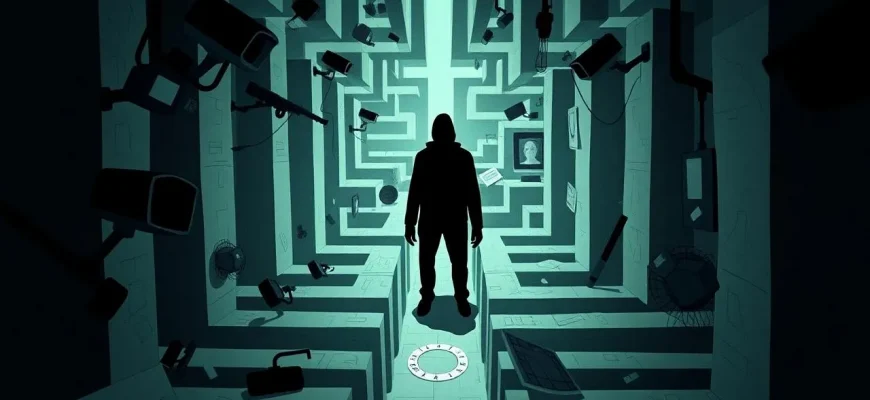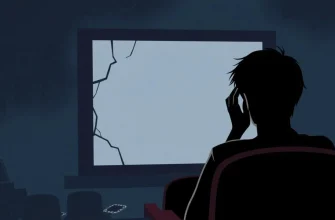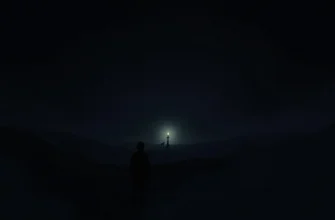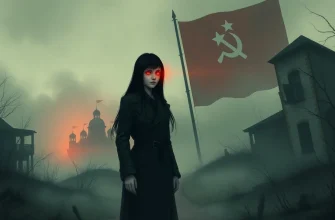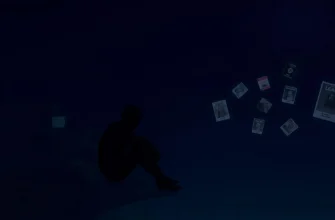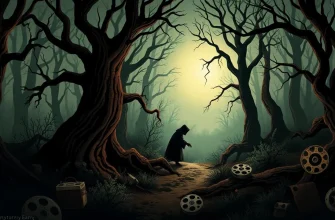Paranoia is a fascinating theme in cinema, often used to explore the depths of human psychology and societal fears. This curated list of 10 films delves into the world of paranoia, offering viewers a thrilling ride through suspense, mystery, and psychological tension. Whether it's the fear of surveillance, the uncertainty of reality, or the dread of betrayal, these films capture the essence of paranoia in its most gripping forms. Get ready to question reality and embrace the suspense with our selection of paranoia-infused cinematic experiences.

The Manchurian Candidate (1962)
Description: This classic thriller involves a Korean War veteran who suspects he has been brainwashed to become an assassin. The film delves into political paranoia and the manipulation of individuals for sinister purposes.
Fact: The film was so controversial that it was pulled from circulation after the assassination of President Kennedy due to its plot similarities.
 Watch Now
Watch Now 
The Conversation (1974)
Description: This film follows a surveillance expert who becomes increasingly paranoid as he uncovers a potential murder plot through his recordings. The theme of surveillance and the loss of privacy makes it a quintessential paranoia film.
Fact: The film was inspired by Michelangelo Antonioni's "Blow-Up" and features a famous scene where the protagonist meticulously disassembles his apartment to check for bugs.
 Watch Now
Watch Now 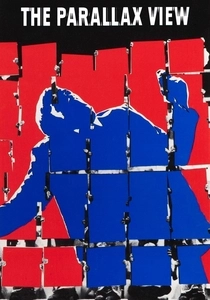
The Parallax View (1974)
Description: A journalist investigates a conspiracy involving a secretive organization that recruits assassins, leading him into a web of paranoia and danger. The film's exploration of political paranoia and mind control is chilling.
Fact: The Parallax Corporation's recruitment film within the movie was created by the film's director, Alan J. Pakula, to be intentionally disorienting.
 Watch Now
Watch Now 
The Game (1997)
Description: A wealthy investment banker is drawn into a mysterious game that blurs the lines between reality and fiction, leading to intense paranoia and psychological manipulation.
Fact: The film's ending was kept secret from the cast and crew until the last day of shooting to preserve the surprise.
 Watch Now
Watch Now 
The Truman Show (1998)
Description: Truman Burbank's life is a meticulously constructed reality TV show, and his growing suspicion that his world isn't real leads to a profound exploration of paranoia and the nature of reality.
Fact: The film's concept was inspired by a French TV show called "L'Homme Orchestre," where a man's life was broadcast without his knowledge.
 Watch Now
Watch Now 
Enemy of the State (1998)
Description: A lawyer becomes a target of the NSA after receiving evidence of a murder, leading him into a world of surveillance and paranoia where he must evade capture and expose the truth.
Fact: The film's depiction of NSA surveillance technology was considered futuristic at the time but has since become eerily prescient.
 Watch Now
Watch Now 
The Matrix (1999)
Description: While not strictly a paranoia film, "The Matrix" explores themes of reality versus illusion, surveillance, and control, making it a modern classic in the genre of paranoia cinema.
Fact: The film's visual effects, particularly the "bullet time" effect, were groundbreaking and have influenced countless films since.
 Watch Now
Watch Now 
A Beautiful Mind (2001)
Description: Based on the life of John Nash, this film portrays the mathematician's descent into schizophrenia, where he struggles with paranoia and delusions, blurring the lines between reality and his own mind.
Fact: The film took liberties with Nash's life for dramatic effect, including the portrayal of his hallucinations as more vivid than they were in real life.
 Watch Now
Watch Now 
The Lives of Others (2006)
Description: Set in East Germany, this film explores the life of a Stasi officer who becomes increasingly involved in the lives of the people he is supposed to surveil, leading to his own internal conflict and paranoia.
Fact: The film won the Oscar for Best Foreign Language Film and was praised for its realistic portrayal of life under surveillance.
 Watch Now
Watch Now 
Shutter Island (2010)
Description: A U.S. Marshal investigating the disappearance of a patient at a psychiatric facility begins to question his own sanity and the reality around him, creating a tense atmosphere of paranoia.
Fact: The film is based on the novel by Dennis Lehane, and its ending has sparked numerous debates about its interpretation.
 Watch Now
Watch Now 
